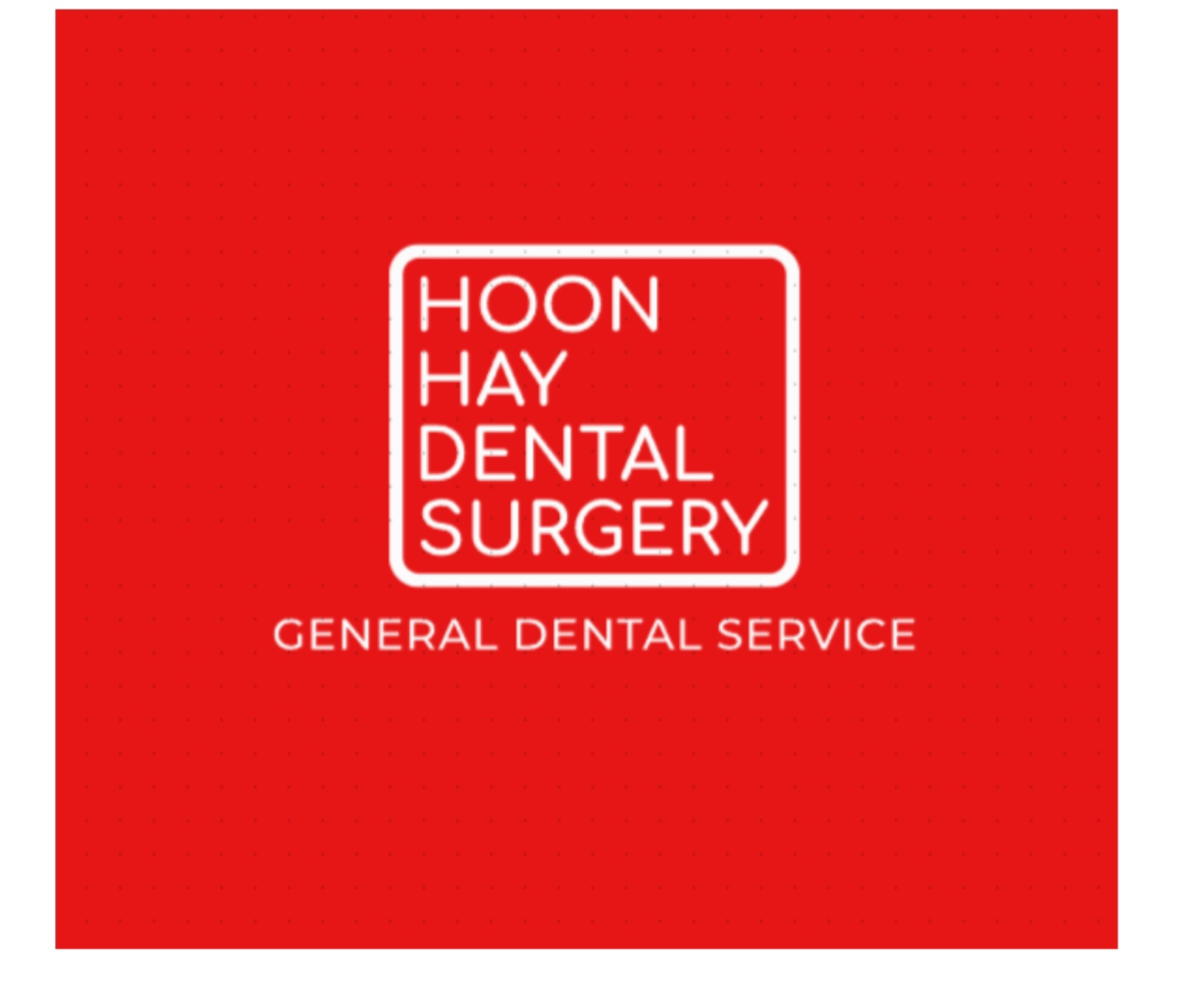Guardians of Your Smile: Understanding and Preventing Gum Disease
- BARRY Subramani
- Nov 19, 2023
- 2 min read
Your smile is one of your most powerful assets, but its beauty and health extend beyond just pearly whites. Your gums play a crucial role in maintaining a radiant and healthy smile. However, many individuals underestimate the importance of gum health until issues arise. Gum disease, also known as periodontal disease, is a common yet preventable condition that can have significant consequences if left untreated. In this blog post, we'll delve into the world of gum disease, exploring its causes, symptoms, and most importantly, how to prevent it for a lifetime of oral well-being.
Understanding Gum Disease:
Gum disease is an inflammation of the gums that can progress to affect the bone supporting the teeth. It typically begins with the accumulation of plaque—a sticky film of bacteria—on the teeth. When plaque is not adequately removed through regular brushing and flossing, it can harden into tartar, leading to gum inflammation.

Stages of Gum Disease:
Gingivitis: This is the early stage of gum disease, characterized by redness, swelling, and bleeding of the gums, especially during brushing and flossing.
Periodontitis: If gingivitis is left untreated, it can progress to periodontitis. At this stage, the inner layer of the gum and bone pull away from the teeth, forming pockets that can become infected.
Advanced Periodontitis: In the final stage, the bone supporting the teeth is destroyed, leading to tooth loss.
Common Causes and Risk Factors:
Several factors contribute to the development of gum disease, including:
Poor Oral Hygiene: Inadequate brushing and flossing allow plaque to build up, increasing the risk of gum disease.
Tobacco Use: Smoking or chewing tobacco can significantly increase the risk of gum disease.
Poor Nutrition: A diet lacking in essential nutrients can compromise the immune system and contribute to gum problems.
Medical Conditions: Certain conditions, such as diabetes and autoimmune disorders, can increase susceptibility to gum disease.
Genetics: Some individuals may be genetically predisposed to gum disease.
Prevention is the Key:
The good news is that gum disease is largely preventable with a proactive approach to oral health. Here are some essential tips to keep your gums healthy:
Establish a Consistent Oral Care Routine: Brush your teeth at least twice a day, and don't forget to floss. Regular dental check-ups and cleanings are crucial for maintaining optimal oral health.
Quit Smoking: If you smoke, quitting can significantly reduce your risk of gum disease and improve your overall health.
Maintain a Balanced Diet: A nutritious diet provides the essential nutrients your body needs to fight off infections, including those affecting the gums.
Manage Stress: Chronic stress can weaken the immune system, making it easier for gum disease to develop. Practice stress-reducing activities such as meditation and exercise.
Know Your Risk Factors: Be aware of your family history and any medical conditions that may increase your susceptibility to gum disease. Discuss these with your dentist.
Conclusion:
Your gums are the unsung heroes of a healthy smile. By understanding the causes and risk factors of gum disease and adopting a proactive approach to oral care, you can significantly reduce the likelihood of developing this common condition. Remember, a bright, confident smile starts with healthy gums – the guardians of your oral well-being.


Comments